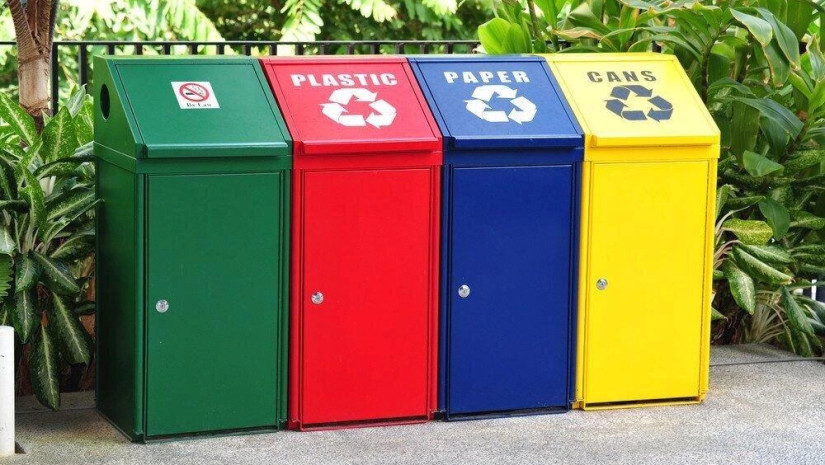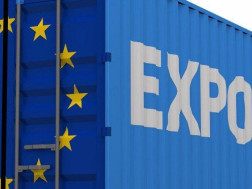In 2021, exports of recyclable raw materials – which include recyclable waste and scrap as well as other secondary raw materials (by-products) – from the EU to non-EU countries amounted to 40.6 million tonnes, 2.0 million tonnes more than in 2020. An upward trend in the volume of these exports in observed since 2004, reaching a new peak in 2021 with an 80% increase compared with 2004 (+18.0 million tonnes).
Imports of recyclable raw materials from non-EU countries into the EU amounted to 46.8 million tonnes in 2021, an increase of almost 2.4 million tonnes compared with 2020 and 7% compared with 2004 (+3.2 million tonnes), EuroStat reports.
Ferrous metals and organic materials dominate EU trade in recyclable raw materials
In 2021, the exports of ferrous metals (iron and steel) from the EU amounted to 19.5 million tonnes, accounting for almost half (48%) of all recyclable raw materials exports. The second-largest category was products of animal and vegetal origin (4.5 million tonnes or 11%), followed by paper and cardboard (4.4 million tonnes or 11%).
In terms of imports to the EU, the largest category was products of animal and vegetal origin (24.8 million tonnes), accounting for more than half (61%) of all recyclable raw materials imports. The second-largest category was wood at 6.3 million tonnes or 15%, followed by ferrous metals (iron and steel) at 5.5 million tonnes or 14%.
Main trade partners: Turkey and Argentina
Turkey was the largest destination for EU exports of recyclable raw materials, with a volume of 15.2 million tonnes in 2021. The second-largest destination was the United Kingdom (5.5 million tonnes), followed by India (2.4 million tonnes), Egypt (2.0 million tonnes) and Switzerland (1.7 million tonnes).
In 2021, EU imports of recyclable raw materials were predominantly from Argentina (7.9 million tonnes) and Brazil (7.6 million tonnes), followed by Russia (4.8 million tonnes), the United Kingdom (4.6 million tonnes) and the United States (4.1 million tonnes).















